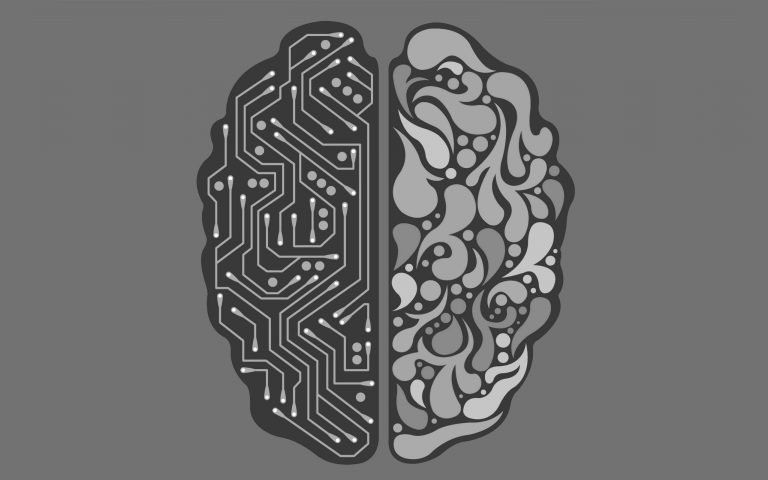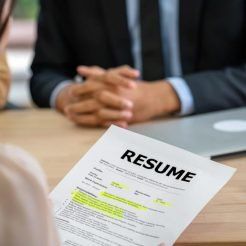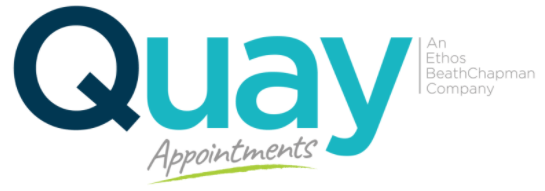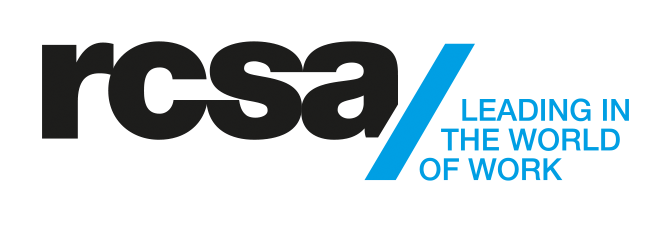Future of Work: What it looks like?

How would you describe the future of work today? Before COVID, many organisations envisioned the future of work to be centred on innovation and business intelligence. Not anymore, although they are still in the conversation. COVID-19 served as a catalyst for change in business and restructured the future of work. Here is how Quay sees the future of work.
Work Flexibility will Stay

Millions of employees here in Australia were forced to work from home to comply with social distancing measures and infection control protocols. There were concerns regarding productivity and communication as it was an unforeseen leap for many organisations. But to many people’s surprise, it worked.
According to a study conducted by the University of NSW and CQ University with the Community and Public Sector Union (CPSU), working from home resulted to employees getting more autonomy, more productivity and more time with their loved ones. The study also found that two-thirds of managers are on-board in allowing employees to continue working from home in the future.
The work from home approach we have now is far from perfect and there are still factors to be considered and built-on. The bottom line, it works, and we expect employees to have more work flexibility beyond COVID.
Employee Care and Health
Employee care and health took the spotlight because of COVID-19. Organisations are more willing to spend more money and other resources to keep employees safe and healthy. Extensive and timely health benefits will be a big factor in attracting and retaining employees in the future of work. A safe work environment will empower employees and also position an organisation positively among candidates and clients.
Business agility will also greatly rely on employee care. For organisations to cope, better yet conquer the challenges moving forward, they need a strong and healthy workforce. It is important to know that the challenges ahead are not just complicated but complex, meaning unknown. Just like the case with the pandemic.
Candidate Engagement is King and Queen

This is something close to home. Candidate experience has always been important, but it is more crucial today and surely in the future. Candidates are sick of poor and frustrating engagement from employers. Candidate engagement will be more human-centric, as it was meant to be in the first place. There is a lot of brainstorming on how to improve the candidate engagement to give better value to candidates. We’ve said these many times, but we need to nurture our candidates, provide them with a platform they can excel and innovate. Without candidates, there would be no future of work.
Humans, Bots and AI

The future of work will be human first, technology second. Technology will never replace human intelligence and intervention. It will help humans create more meaningful work and improve the accuracy of tasks that can be automated.
In HR, AI offers timely and timeless opportunities within its functions including talent acquisition, recruiting, reporting and employee engagement. Little by little, organisations are seeing more value in human capital as HR is able to come up with indicators to show there is ROI in it.
Quay: Where we stand
Candidate engagement and employee care are top priorities for us here in Quay and we encourage other organisations towards this direction as well. The future of work demands we put people first at the heart of every decision we make. There is no substitute for the human touch just like there is no substitute for hard work.
The future of work is filled with uncertainties and many of us still struggle with current circumstances. But this is a pivotal moment to take a stand for our employees, our organisations, our communities and together, we build the future of work.











